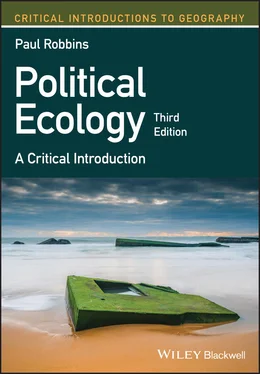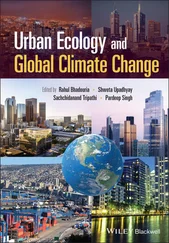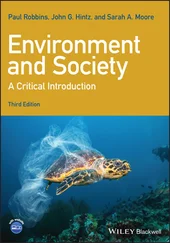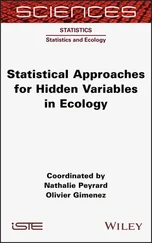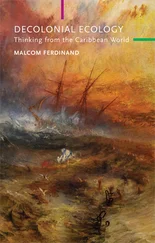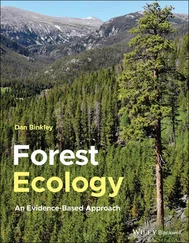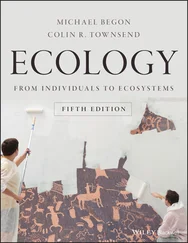1 ...6 7 8 10 11 12 ...19 On the other hand, certain kinds of modernization, at least those technological advances that have been seized by the world's poorest people to unleash their capacities and meet their aspirations, are unquestionable environmental goods (Shellenberger and Nordhaus 2007). Consider the power and ubiquity of cell phones across Africa and South Asia, which have allowed famers to time their access to markets and improved livelihoods and the efficiencies of their systems of production. Similarly, revolutionary advances in modern rural medicine have empowered women, enabled careful planning of labor and reproduction, all the while improving the day‐to‐day quality of life. Even genetically modified organisms, with their many downsides, have availed themselves to the inventiveness of rural people, curtailed pesticide usage, and opened new livelihood strategies (Herring 2006, 2007). It would be folly for critical theorists and thinkers to allow their distrust of economistic thinking to blind them to the power of progressive technological change (Phillips 2015; see also Chapter 13).
Asserting and adopting the apparently apolitical approach suggested in market and modernization approaches, however, because of the institutional and political changes that such an approach requires, is inherently political. To individuate and distribute “collective” goods like forests or water by necessity requires the alienation of previous user groups. To implement new technological approaches in agriculture, resource extraction, or wilderness management requires a transformation of existing and traditional institutions, where new winners and losers might emerge. There is nothing apolitical about such proposals.
The first lesson to draw is that the dominant contemporary accounts of environmental crisis and ecological change (ecoscarcity and modernization) tend to ignore the significant influence of political economic forces. As we shall see, this is to ignore the most fundamental problems in contemporary ecology. The other lesson is that apolitical ecologies, regardless of claims to even‐handed objectivity, are implicitly political. It is not so much that political ecology is “more political” than these other approaches to the environment. Rather it is simply more explicit in its normative goals and more outspoken about the assumptions from which its research is conducted.
Common assumptions and modes of explanation
Following Bryant and Bailey, political ecological accounts and research efforts also share a common premise, that environmental change and ecological conditions are the product of political process. This includes three fundamental and linked assumptions in approaching any research problem. Political ecologists: “accept the idea that costs and benefits associated with environmental change are for the most part distributed among actors unequally … [which inevitably] reinforces or reduces existing social and economic inequalities … [which holds] political implications in terms of the altered power of actors in relation to other actors” (Bryant and Bailey 1997, pp. 28–29).
Research tends to reveal winners and losers, hidden costs, and the differential power that produces social and environmental outcomes. As a result, political ecological research proceeds from central questions, such as: What causes regional forest loss? Who benefits from wildlife conservation efforts and who loses? What political movements have grown from local land use transitions?
In answering, political ecologists follow a mode of explanation that evaluates the influence of variables acting at a number of scales, each nested within another, with local decisions influenced by regional polices, which are in turn directed by global politics and economics. Research pursues decisions at many levels, from the very local, where individual land managers make complex decisions about cutting trees, plowing fields, buying pesticides, and hiring labor, to the international, where multilateral lending agencies shift their multi‐billion‐dollar priorities from building dams to planting trees or farming fish. Such explanation also tends to be highly (sometimes recklessly) integrative. And as we shall see, a group of people and institutions has emerged around such integrative transgressions, a global assemblage of diverse practitioners who make certain kinds of movies, write certain kinds of books, and advance certain kinds of arguments.
So, rather than adding yet another definition to a crowded field, it is best to suggest at the outset that political ecology is a term that describes a community of practice united around a certain kind of text . The nature of this community and the quality of these texts, as well as the theory and empirical research that underpins them, are the topics of the remainder of this book. But broadly they can be understood to address the condition and change of social/environmental systems, with explicit consideration of relations of power. Political ecology, moreover, explores these social and environmental changes with an understanding that there are better, less coercive, less exploitative, and more sustainable ways of doing things. Finally, it is a field that stresses not only that ecological systems are political, but also that our very ideas about them are further delimited and directed through political and economic processes. As a result, political ecology presents a Jekyll and Hyde persona, attempting to do two things at once: critically explaining what is wrong with dominant accounts of environmental change, while at the same time exploring alternatives, adaptations, and creative human action in the face of mismanagement and exploitation, offering both a “hatchet” to take apart flawed, dangerous, and politically problematic accounts, and a “seed,” to grow into new socio‐ecologies (see Chapter 4).
Five Dominant Narratives in Political Ecology
In this sense, political ecology characterizes a kind of argument, text, or narrative, born of research efforts to expose the forces at work in ecological struggle and document alternatives in the face of change. This does not mean that political ecology is something that people must write and think about all the time. Much of this work is carried out by people who might never refer to themselves as political ecologists, who count writing, researching, or arguing as only one part of their job, or who might do so in only one sphere of their work. Neither is political ecology restricted to academics from the “first world.” Indeed, the critical ideas and arguments of political ecology are produced through the research and writing, blogging, filming, and advocacy of countless NGOs or activist groups around the world. This may actually comprise the largest share of work in political ecology. Published only in local meeting and development reports, or uploaded as short documentary videos or slide presentations, this work is as much a part of the field as the well‐circulated books or refereed journal articles of formal science.
What unites the diverse work in these many locations is a general interest in five big themes. Over‐simply, political ecology research has demonstrated (or attempted to demonstrate) the theses shown in Table 1.3, each of which receives a chapter later in this book.
Table 1.3 Five theses of political ecology and the things they attempt to explain.
| Thesis |
What is explained? |
Relevance |
| Degradation and marginalization |
Environmental conditions (especially degradation) and the reasons for their change |
Environmental degradation, long blamed on marginal people, is shown in its larger political and economic context. |
| Conservation and control |
Conservation outcomes (especially failures) |
Usually viewed as benign, efforts at environmental conservation are shown to have pernicious effects, and sometimes fail as a result. |
| Environmental conflict and exclusion |
Access to the environment and conflicts over exclusion from it (especially natural resources) |
Environmental conflicts are shown to be part of larger gendered, classed, and raced struggles and vice versa. |
| Environmental subjects and identity |
Identities of people and social groups (especially new or emerging ones) |
Political identities and social struggles are shown to be linked to basic issues of livelihood and environmental activity. |
| Political objects and actors |
Socio‐political conditions (especially deeply structured ones) |
Political and economic systems are shown to be underpinned and affected by the non‐human actors with which they are intertwined. |
The degradation and marginalization thesis
Читать дальше
